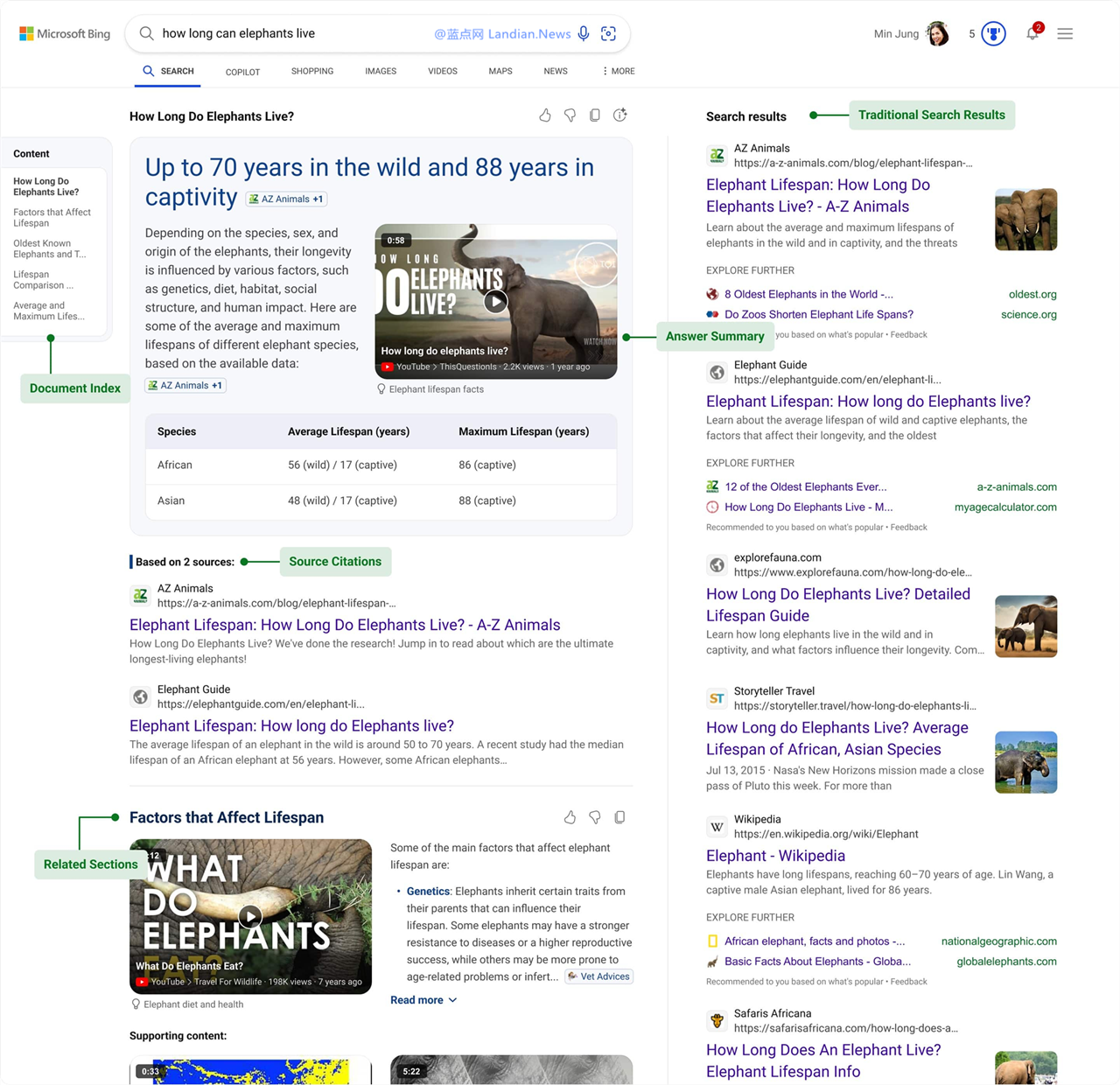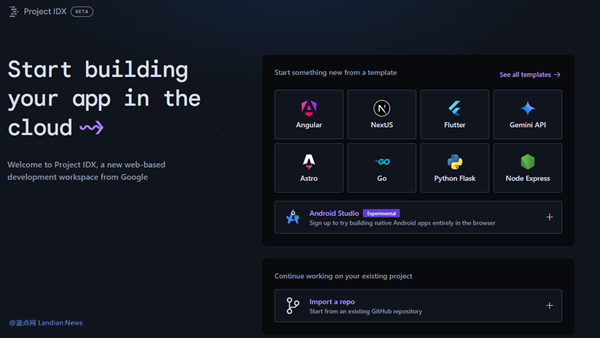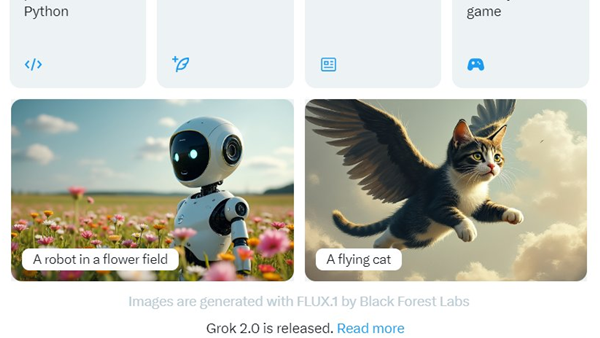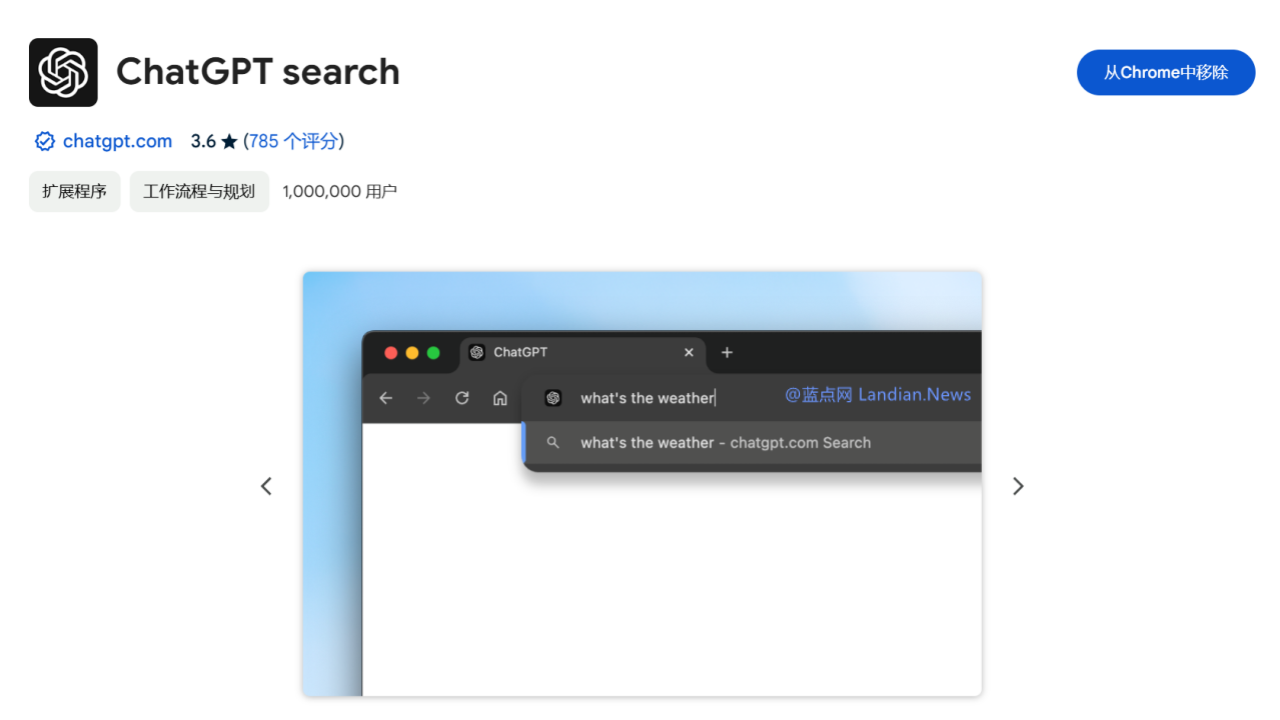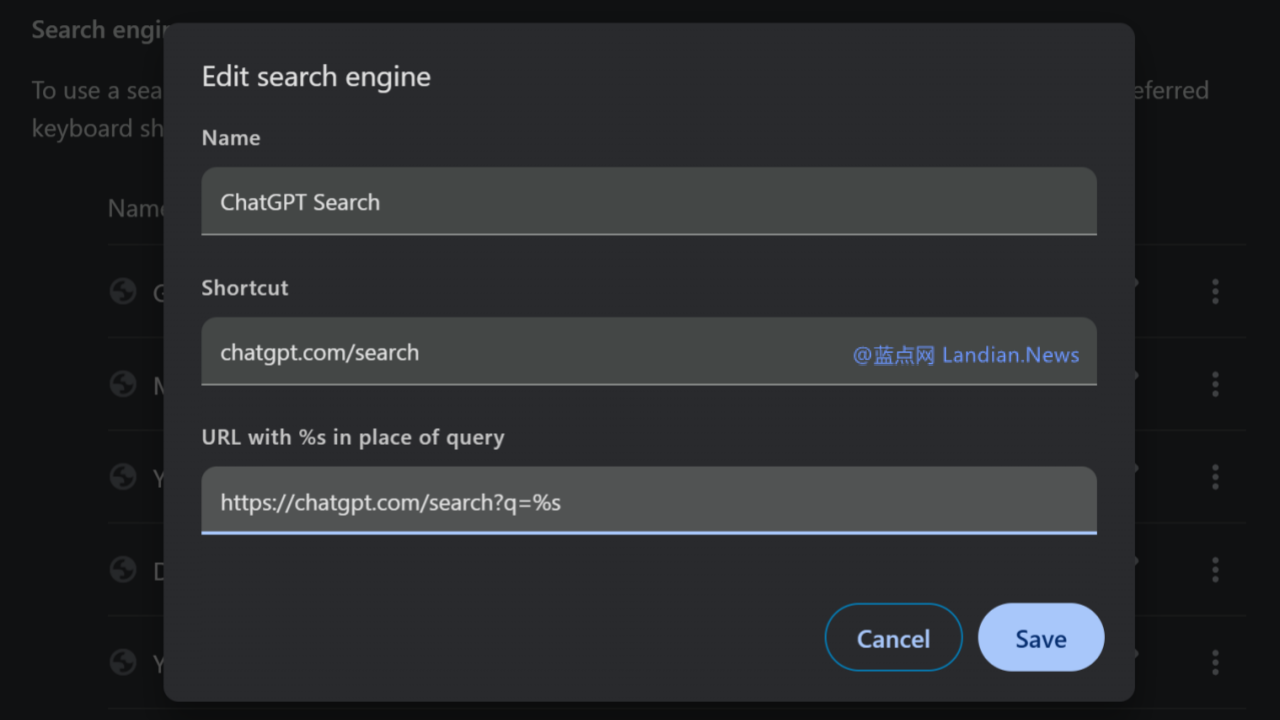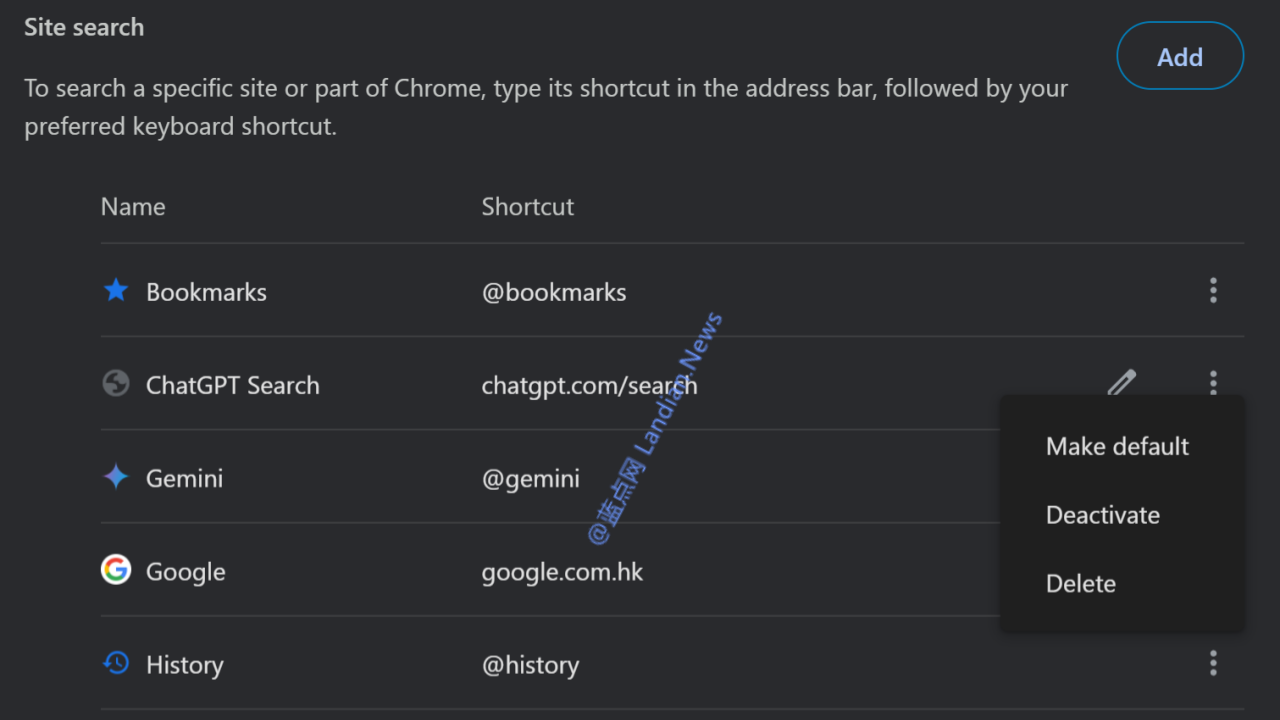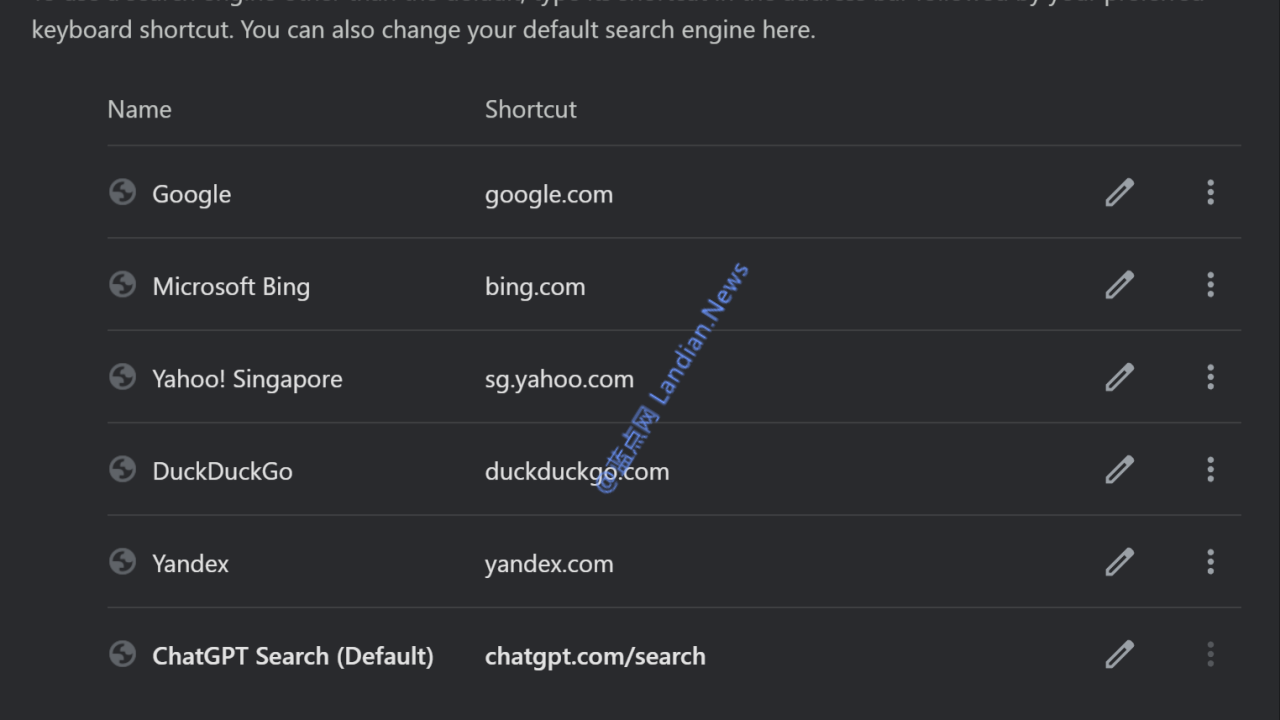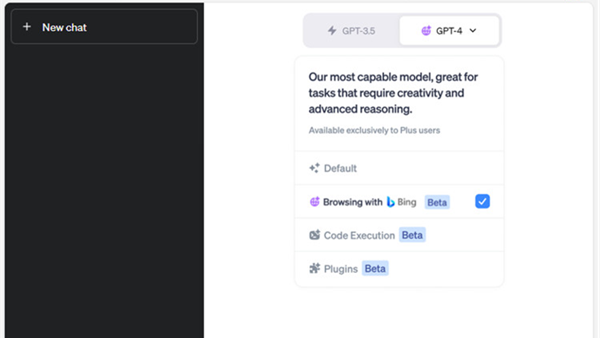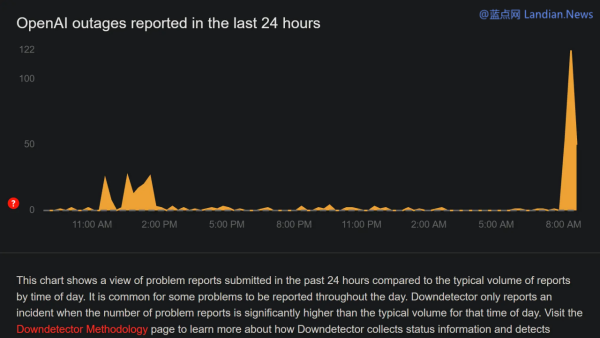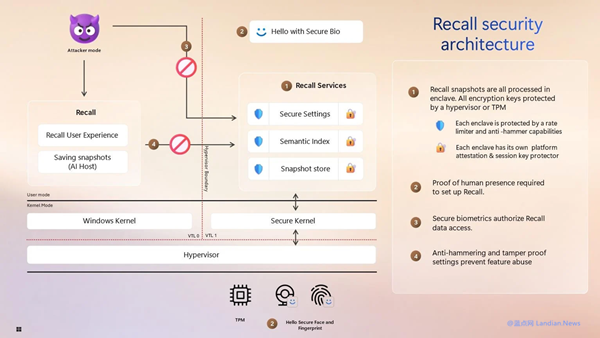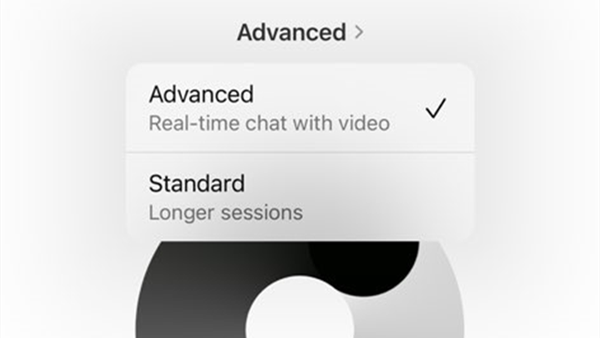Microsoft Announces Bing Search Revamp with AI Summaries, Enabling Users to View Answers Without Clicking
While Google is gradually reducing the presence of AI overviews in its search results, Microsoft is enhancing Bing search with the addition of AI summaries. This feature employs artificial intelligence to condense content and present answers, allowing users to view responses without needing to click through to websites.
Some users can now find answers at the top of their Bing search results generated by artificial intelligence. These responses are crafted by both large and small language models, which have analyzed millions of sources to verify questions and provide the most accurate answers.
Microsoft describes this new search experience as a merger of Bing search results with the capabilities of large and small language models. It understands search queries, dynamically matches content, and utilizes a new AI-generated layout to produce search results, effectively meeting the intent behind user queries.
This update represents a significant overhaul of Bing search, with the results page divided into several distinct areas to display content with varying functional attributes selectively.
For instance, the top of the search results features AI-generated summaries or overviews, followed by cited data sources and related content recommendations. The left side displays section titles similar to those in a document for quick navigation, while the traditional search results are located on the right side.
A key difference from Google Search is Bing's AI summary feature, which places the traditional list of search results entirely on the right side. Thus, even if users are not fond of the AI summaries or find them incomplete, they can still access full information by clicking through to websites on the right.
Moreover, Microsoft is mindful of the potential negative impact generative AI could have on website traffic. The company continues to evaluate how AI in search affects direct website traffic and reader numbers, ensuring that Bing's AI features also support traditional search result displays to help maintain site traffic.
However, with generative AI summaries available, most users might not click through to websites, potentially reducing traffic. Hence, the integration of AI into search engines will inevitably impact website traffic.
